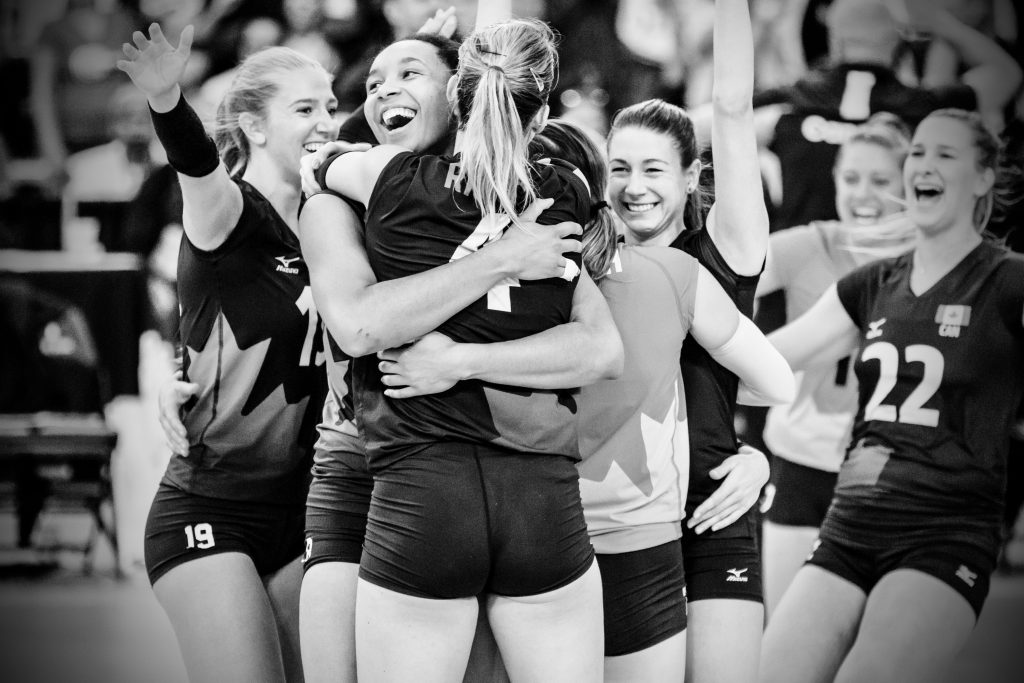Race, gender and confidence in coaching
Sport coaches aim to build confidence in their athletes, but coaches need self-confidence to optimize the support they can provide. Mentorship offers a way to develop confidence in Black women coaches, fostering professional development and personal growth and encouraging coaches to be their best selves.
Athletes who ‘play-up’
‘Playing-up,’ or competing at a higher age level than a player’s actual age, can be both challenging and rewarding for youth athletes. According to new research, athletes who play up find the experience more positive when their teammates include them in group activities and coaches provide constructive feedback and encouragement.
Competition stressors
Unexpected competition stressors, such as an injury or unfavourable referee call, are common for athletes. In fact, some athletes report experiencing unexpected stressors not because they are unfamiliar with the stressor, but because they didn’t think it would happen to them. Asking athletes to list the ways that other athletes might experience the competition encourages…
Actions speak louder than words: Non-verbal communication in sport

Communication is most associated with purposeful, verbal interactions. However, a big part of how we communicate in life, and sport, is non-verbal (Mehrabian, 2017). For example, simple acts of eye contact or body language are just as important than the exchange of words. In fact, experts assert that 93% of communication is non-verbal (Lapakko 2007)….
Mike Sabourin ( msabourin@hotmail.ca ) @ 07/29/2022 7:46 pm
Team selection
Whether people are baseball fanatics or just Brad Pitt fans, they’ve most likely seen the film Moneyball. It’s based on the true story of the Oakland A’s, a Major League Baseball team that changed sport recruitment by using statistics to scout talent, choose players, and establish a winning team. But it takes more than statistics…
Shraddha Yadav ( shraddha+1@inmotion.ca ) @ 07/26/2022 10:08 am
Formal and informal leadership roles
Formal leaders usually receive their assigned role from the coach or team’s selection process. Informal leaders emerge based on their interactions and behaviours with teammates. Athletes can be task-oriented, motivational, social, or external leaders. Discover how role diversity can allow many athletes to fulfil a leadership position and distribute the leadership load.
Trialing technology
Technology can help coaches with decision-making, but actually getting the necessary data may be unreasonably cumbersome. When evaluating whether a technology is appropriate for your needs, ask for a trial. Trials can help coaches discover if they can access the necessary information and evaluate whether the technology meets their needs.
Anticipating stressors
Unexpected stressors can negatively affect athletes’ feelings of stress, ability to cope with stress, and performance during competition. But preparing athletes for the possibility that the competition won’t go exactly as planned can help. Acknowledging that the competition might not go the way an athlete had hoped or expected is the first step towards coping…